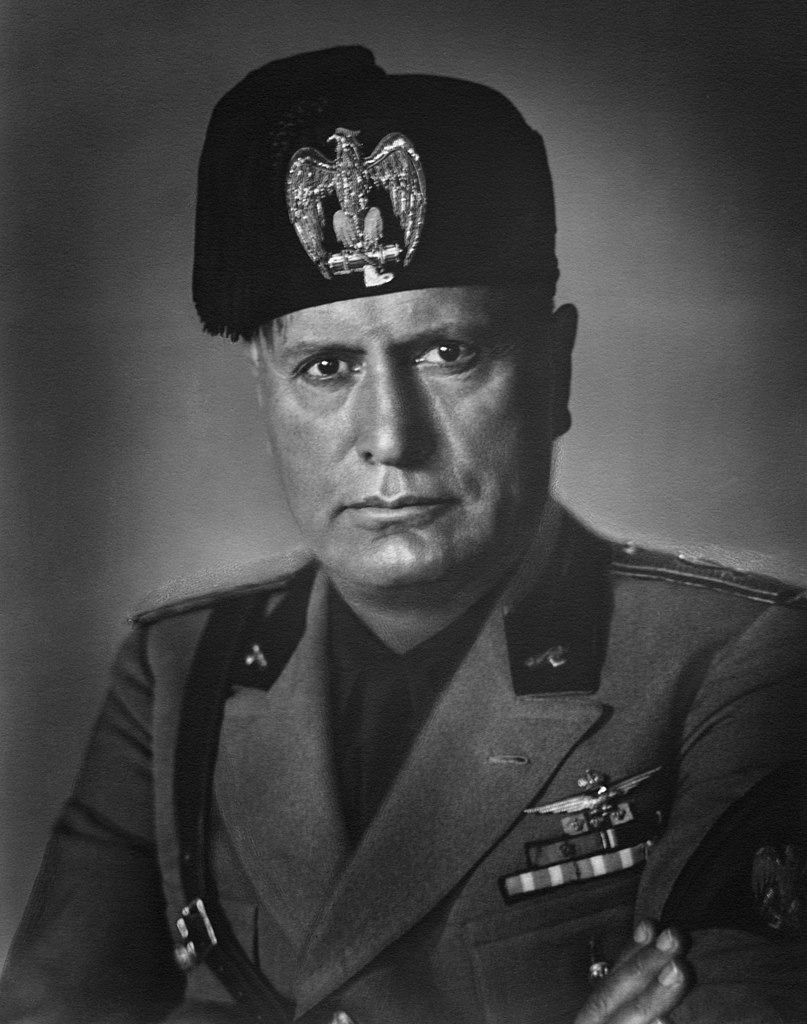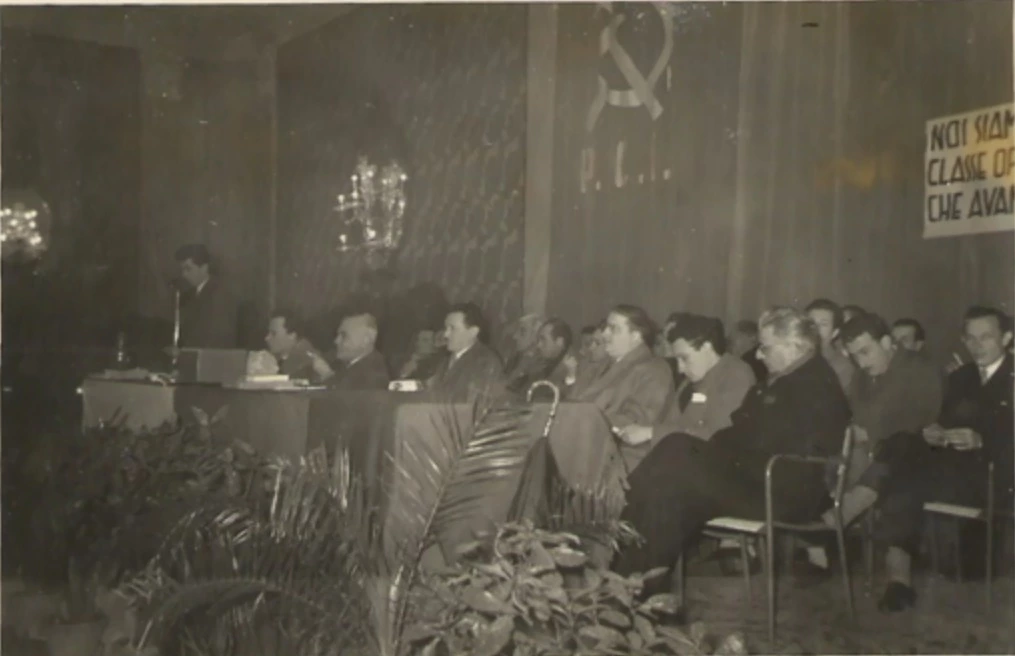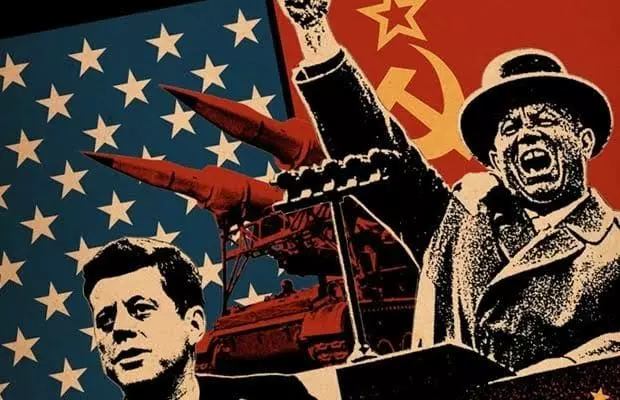In 1976, the Partito Comunista Italiano (PCI) – the Communist party of Italy and the largest communist party in Western Europe – stood on the edge of winning in the general election. Paolo Spriano, an Italian historian, once mentioned the Gramscian party’s relation with the USSR as “Bond of steel”. Warning about the consequences of the victory, the British Broadcasting Corporation, informed its viewers that ‘the ripples will spread far beyond’ the Mediterranean country, once the seat of the Roman empire and birthplace of Fascism in the 20th century. The Information Research Department (IRD) was a cold war propaganda wing of the British foreign office. Its Special Editorial Unit (SEU), working closely with MI6, had the task of running propaganda around the world against Communists and those who had the potential to threaten British interests. Newly declassified documents reveal that the IRD, along with the MI6, worked to undermine the credibility of the PCI and influence the election outcome.
The British establishment has a notorious history of supporting elements, however evil they might be, which could resist the spread of Communism, in Europe or, after the Second World War, throughout the world. It is reported that Winston Churchill was in fact a long-time admirer of the Italian Fascist dictator, Benito Mussolini. For Churchill, Fascism was not only preferable to revolutionary socialism, but also an ingredient for the defeat of the latter. After Hitler came to power in 1933, Churchill even described Mussolini as ‘the Roman genius’ and ‘the greatest law-giver among living men’, adding to that, was, ‘With the fascist regime, Mussolini has established a centre of orientation from which countries which are engaged in a hand-to-hand struggle with socialism must not hesitate to be guided.’

During the 1930’s, centre-right elements in the British parliament wanted a strong Nazi Germany, not only as a bulwark against Bolshevism, but as a potential ally. The Tories saw the Soviet Union and Japan as the main threat to their empire in Asia. Till 1938, appeasement after appeasement was done to strengthen Hitler’s grip over central Europe. France, whose dirty hands in Africa needed a partner-in-crime as a validator of colonial brutality in the form of the British Empire, was an ally since the Battle of Waterloo and the defeat of Napoleon. The French, still exhausted and demoralized from the effects of the First World War and fearing another war would be again fought on their soil, sought otherwise. A stronger military force as a neighbor scared them, so they did the same as they did during the First World War, seeking an alliance with Britain, and appeasing Hitler by failing to respond to the reoccupation of the Rhineland. It was only after Stalin outsmarted the Western allies by signing the Molotov-Ribbentrop pact and pushing Hitler to secure his Western front, that Britain and France became full-scale belligerents in the game.
After the war, the USSR expanded its sphere of influence up to Berlin. In Asia, China experienced its ‘people’s revolution’ led by Mao in 1949. Soon after, northern Korea joined the Red camp, and a proxy war led by the USSR and China on one side, and a USA-UK led alliance on the other, prolonged thedeep division between the North and the South of the peninsula. And soon, a similar thing happened in Vietnam. All thissupposedly gave validation to the so-called “Domino theory”, in which Southeast Asia, the Indian subcontinent and the Middle east would surelyfollow after Russia, China, Korea and Vietnam.

Indonesia stood at the crossroads and had massive popular support for the Communist party (PKI). At the time, the PKI was the largest Communist party in a Non-Communist state. The IRD and the MI had a dirty hand in the propaganda to eliminate the Communists in Indonesia during 1965-66, which caused a genocide of an estimated 500000 to 3 million people affiliatedwith or related to the Party.
The partition of India, was not a mere fact of religious divide. The British secret service had an overriding objective of keeping the Soviets out of the warm waters of Asia. The idea of a continuous border between Tajikistan, the southernmost of the USSR republics, and Kashmir with adjacent Pakhtun territories of a potentially undivided India scared them. A separate Pakistan, with its upper echelons serving the military interests of the west, fitted the bill.
In 1971, Bangladesh was on the verge of a transition which had a somewhat Marxist orientation, although it started out as a nationalist war of independence from Pakistan. The Pakistani army butchered a similar number of victims as were killed in Indonesia, a significant of them being Communist partisans. The infamous ‘blood telegram’ and British and American support for Pakistan by sending their naval forces to defend a theocratic state against a secular and democratic one, because the latter was allied to the USSR, showcase the bankruptcy of western morals in history.

Similar attempts to push the ‘Red Scare’ in Iran, the Mideast, in Africa, and coups in Latin America are seen throughout the Cold war. And the revelations of the Italian election validate the fact that the doctrine that democracies or even fellow NATO allies or European partners don’t interfere with internal matters of one another, was a myth since the beginning.
As Karl Marx rightly predicted:
‘A specter is haunting Europe—the specter of Communism…Where is the party in opposition that has not been decried as Communistic by its opponents in power? Where the opposition that has not hurled back the branding reproach of Communism, against the more advanced opposition parties, as well as against its reactionary adversaries?
Two things result from this fact.
If you are a socialist, We need you now!✕
We are proudly biased towards Anti Capitalist, Anti Imperialist, Anti fascist! We believe we don’t need to mention you the importance of marxist magazine in this era! We are depending on our comrades only! Make an investment of $2.5/m in making a quality journal inclined to Marxism Leninism! Your one potential subscription helps us to maintain our global team! Subscribe and get access of all exclusive content available at the magazine section!






